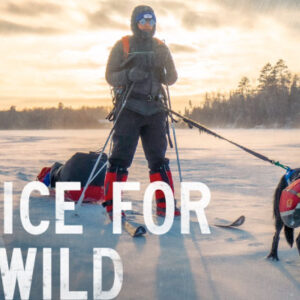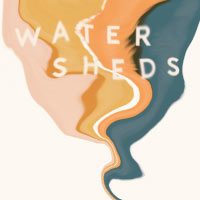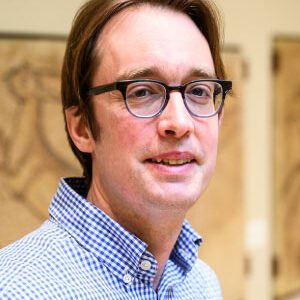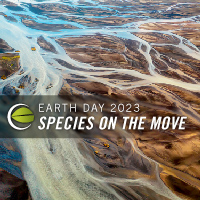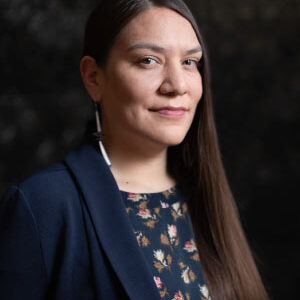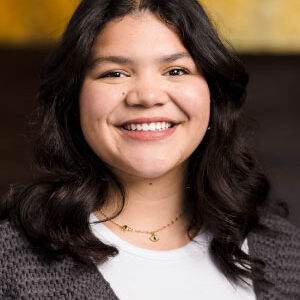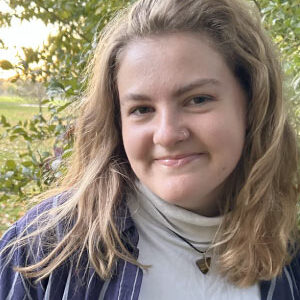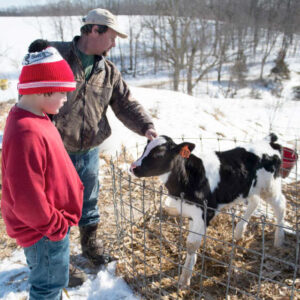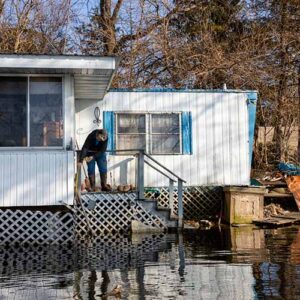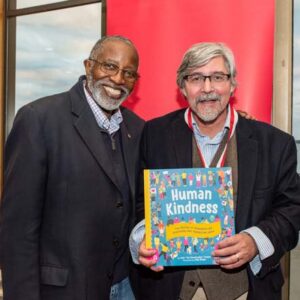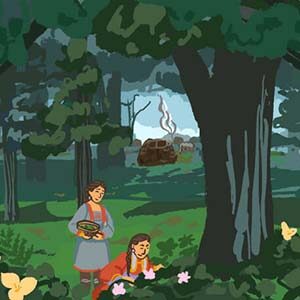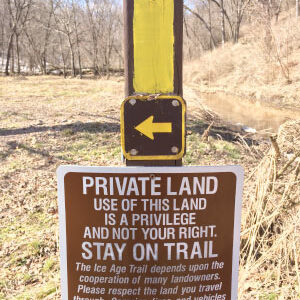
A Voice for the Wild
“Chances are you’ve probably heard of the controversy involving a proposed mine near the Boundary Waters,” a voice echoes over the sound of howling wind as the camera sweeps over a dark, frozen landscape.

CHE Graduate Student Symposium: Watersheds
The Center for Culture, History, and Environment (CHE) is excited to welcome you to gather with CHE students and faculty on March 25 for our annual Graduate Student Symposium.

Director’s Cut
This is an exciting time for the Center for Culture, History, and Environment (CHE)!

Earth Day 2023: Species on the Move
Across the globe, climate change has put people, animals, and plants in a constant state of movement.

Q & A: Grace Bulltail
It’s not every day a working professional engineer trades their “PE” stamp for academia.

From the Big Apple to Small-Town Wisconsin
As an out-of-state student at the University of Wisconsin–Madison, Aly Scanlon looked for opportunities to feel more at home in the place she was attending school.

Bikepacking for Credit
Imagine biking 50 miles up a mountain carrying nearly 100 pounds of gear with only peanut butter, tortillas, and applesauce to keep you going.

Partnerships in Greener Pastures
About 80 miles northwest of Science Hall sits 538 acres of farmland.

Climate change and human health
The WICCI Human Health Working Group addresses challenges and shares recommendations.

The Planetwalker’s Guide to Good Will
In Human Kindness, John Francis shares encouraging tales from around the world.

Land Grant, Land Grab?
Three Nelson affiliates partner on new teaching effort on Indigenous land dispossession

Managing Public Lands for Conservation
The Nelson Institute Issue Brief is a quarterly publication that summarizes and conveys up-to-date scholarship from across the UW–Madison campus on key issues of environmental concern.
